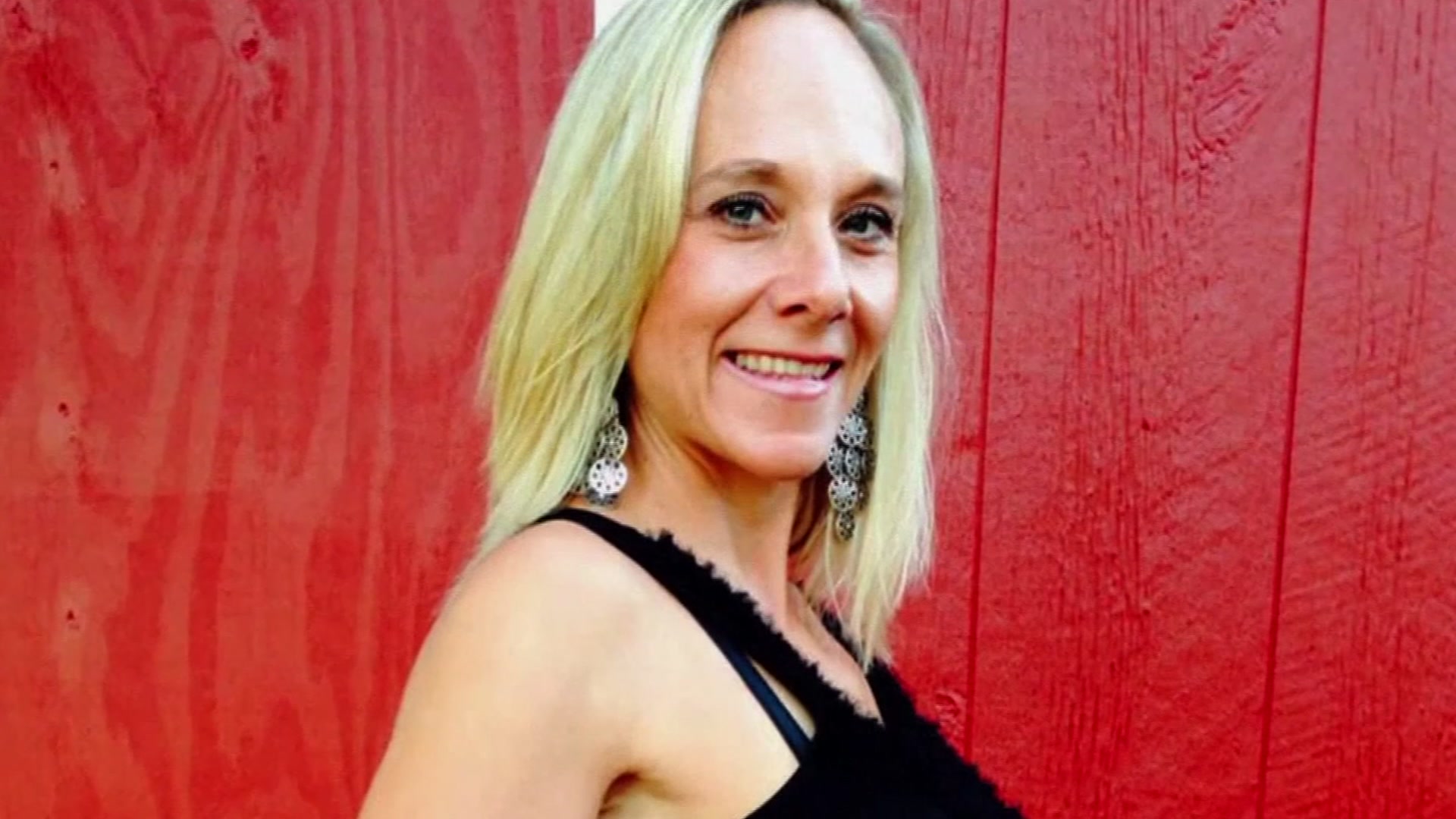In the 1980s, as was typical of their generation, Terry and Susan Huston settled into a spacious single-family home in suburban North Richland Hills, a place featuring highly regarded public schools for their children.
But then the kids were grown, and the Hustons found themselves in their car almost every weekend, heading for the restaurants, movie theaters and concerts in a revitalized downtown Fort Worth.
Which led to their decision in 2008. They joined what has become a nationwide migration of millions of baby boomers moving back to the inner core of cities. They sold their place in the burbs and moved happily into a much smaller condo in the heart of Fort Worth, on Houston Street.
Gone were the days of lawn maintenance and roof repairs. The new lifestyle was lock the door and leave at will to walk to concerts or their favorite restaurant across the street.
"We actually didn't consider any other place," said Terry Huston, 56, who is retired from the aerospace industry. "We wanted to be in the heart of downtown. We could walk everywhere. On the weekends, we park our cars. And if we can't walk, we don't go.
"We enjoy the restaurants. We're season-ticket holders at Bass Hall," he told the Fort Worth Star-Telegram. "In the suburbs, it was so much more of a hassle to seek those things out. You were always having to drive. We don't go back out into the suburbs anymore. We just don't go there."
Today in downtown Fort Worth, nearly half of all residents are people like the Hustons, empty nesters in their mid-40s or older, according to a 2012 report by Downtown Fort Worth Inc. Most of the rest, 42 percent, are the so-called millennials, younger people in their 20s and early 30s.
Local
The latest news from around North Texas.
That is reflected in the membership of the Downtown Neighborhood Alliance, an association of Fort Worth's downtown residents, said the group's president, Dale Brock.
"It's young professionals and college graduates in their late 20s and early 30s who do not have children yet," said Brock, 55, a banker who has lived downtown for two years. "Then it's folks my age, baby boomers who are empty nesters that are looking to downsize and simplify their lives, but still want an opportunity for entertainment and a quality of life. They want to walk to where they are going and not have the yard work."
The boomers have also invaded the newly thriving urban village around Fort Worth's West Seventh Street. Among them are Jon Putman and his wife, Nancy, who settled in January into an apartment in The Lofts at West Seventh.
The couple immediately loved the lifestyle. But it didn't take long to register that they were surrounded by people the age of their children.
"You kind of felt like the odd man out," said Jon Putman, a 66-year-old commodities futures broker. "My wife was literally praying that God would send someone our age so we could have some friends. Ninety seconds after that, the elevator door opens, and Norbert and Patti White walk out."
For more than three decades, Norbert White, 61, was an executive with a series of Fortune 500 companies in cities across America. Yet he and his wife never lived in an urban environment.
For the last several years, the Whites lived in a large home in Colleyville. Then he decided to take the job as CEO of Samaritan House, a nonprofit in Fort Worth. The commute was as long as an hour each way.
"We thought, `Why don't we try an urban lifestyle?' " Norbert White said. "We wanted access to museums. We wanted access to the Botanic Gardens. We wanted lots of restaurants around us. We wanted movies and theaters and all of that.
"Colleyville is very suburban and none of that stuff was accessible," he said. "Now I live six minutes from work, we can walk everywhere, and my wife works a half a block away."
Born between 1946 and 1964, the baby boomers were among those who fled the cities in droves, typically to seek better schools for their children.
"When urban flight became an issue, no one thought it would be a round trip," said Fort Worth architect Phillip Poole, who has been active in inner-city development issues since the 1970s.
Not that the boomers are returning to cities in the same numbers as they left. Older people tend to stay put, and that remains true for most of those now settling into middle age and beyond, said William Frey, a demographer for the Brookings Institution in Washington, D.C.
"But the baby boomers are such a big population, even if some small proportion of them move to the city it looks a little more significant," Frey said.
"One thing you can say about the baby boomers: No matter what part of their lives they have reached, they always broke the mold of whatever happened before them," he said. "It's hard to know where they are going to wind up. They're still not going to move as frequently as young people. But their different tastes and lifestyles may move them into different areas than we've known before."
And not just any urban area will do.
"I think it's dangerous to generalize," Frey said. "There are cities that have a lot of attractions, that have an urbane quality to them, especially for older people. They can walk to the restaurant. They can walk to the library. They can do things that would be more difficult for them in the suburbs.
"But other cities are downright dangerous," he said. "You don't want to live there. The places that are both affordable and attractive are a subset of all cities. Those are the ones where the baby boomers want to go."
Four decades ago, Fort Worth's downtown was particularly uninviting. Gone were the days of the 1950s when downtown was a mecca of department stores and urban life. Terry Huston, who grew up in North Richland Hills, had fond memories of his childhood visits there.
"It was a big deal to come downtown and go shopping, to park on the north end and ride the Leonards Department Store subway," he said. "But when my kids were the same age, it was not safe. You didn't walk the streets in the '70s."
The resurgence began in the late 1970s. Charles Tandy, the legendary businessman who built Tandy Corp., the predecessor of RadioShack, decided to build his corporate headquarters downtown. He and local businessman Sid Bass collaborated on the construction of the luxurious Americana Hotel, now the Worthington Renaissance. Bass built two gleaming office towers and started buying up dilapidated downtown properties around what would eventually become Sundance Square, today a hub of restaurants, nightclubs and retail.
Sid Bass' younger brother Ed eventually took up the downtown renewal crusade, building a high-rise condominium and movie theaters, and supervising the construction of Bass Performance Hall, which opened in 1998. Last month, Ed Bass also presided over the opening of Sundance Square Plaza, a gleaming urban gathering place.
In the last decade, the resurgence has spread west across the Trinity River down West Seventh. Baby boomers have helped make it all possible, a crucial facet of what is called the new urbanism, trading quiet neighborhoods and big homes for city bustle and a few rooms.
"It was liberating," Terry Huston said. "It didn't take me any time at all to get used to it. So did my wife. We live in a place with 1,200 square feet and that's all two people need."
Norbert White said there are drawbacks, including noise above, below and next door.
"You have to grow accustomed to the fact that there are people all around you," he said. "You shouldn't be startled by the fact that someone dropped something."
Norbert White said he had no trouble adjusting to apartment living. He said it was more difficult for his wife.
"My wife is an interior designer. She likes decorating things," he said. "She has only 1,100 square feet to decorate now. She had 6,000 before."
But for most boomers, the trade-offs seem worth it.
Jon Putman was relocating with his wife from suburban Atlanta and just wanted a place convenient to his office. The Lofts at West Seventh were that.
"I had no idea how awesome the West Seventh neighborhood was until I moved in," he said. "I began to explore all the great restaurants and places. It's like a full-time vacation living there. You just take the elevator down and it's like party central."
The Putmans have joined that party.
"You don't feel like, `Oh, I'm drifting off into the sunset,' " he said. "It's more like `No, life is really just getting started.' "



